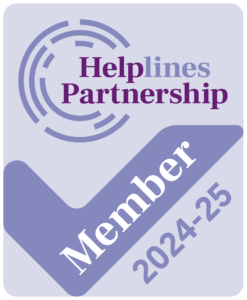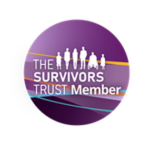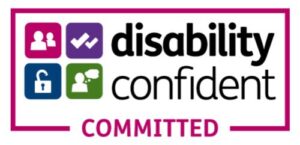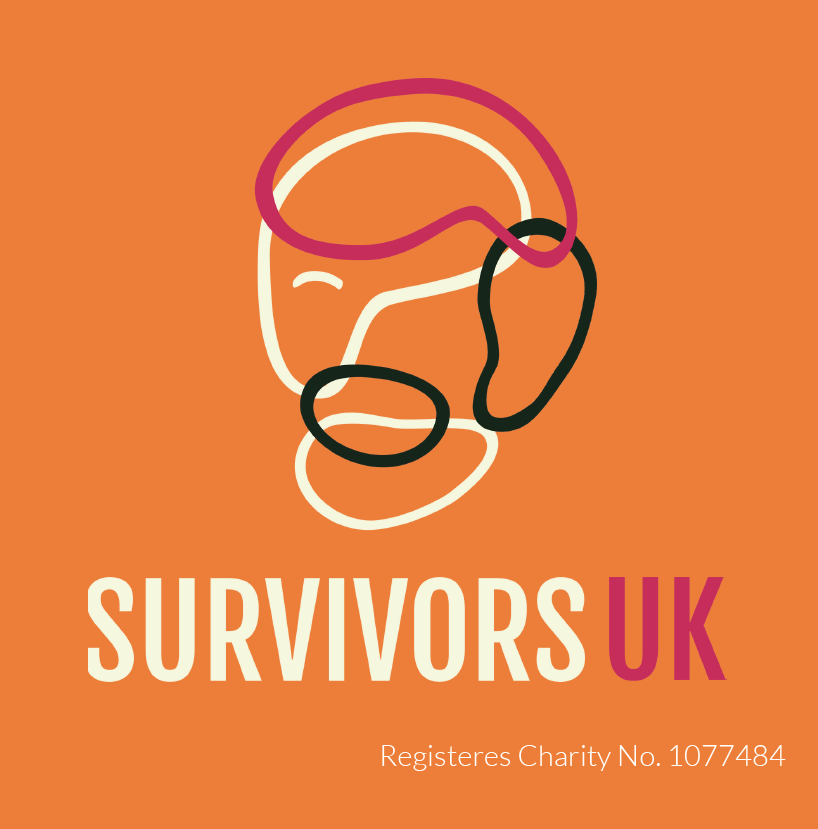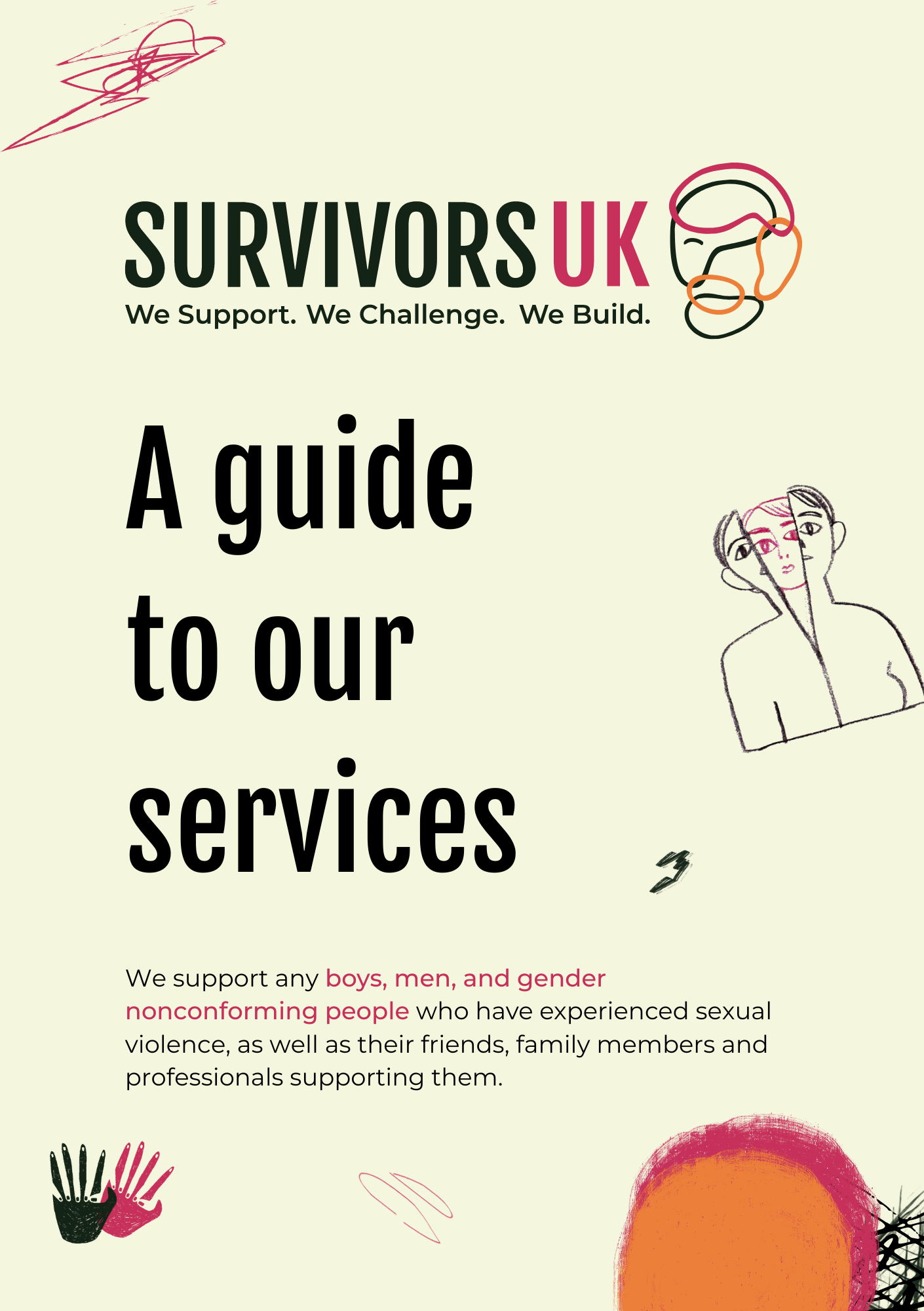Living with memories of sexual abuse can be extremely difficult, especially when you feel isolated and unable to tell people about what happened to you – because you don’t know what to say, or how they will respond, or if they will believe you.
Advice on talking about your experiences
First, consider talking to someone you trust – that may be a family member, friend or professional.
We recommend finding a private space away from distraction. It is likely you will find this conversation uncomfortable, at least at first. Interruption is the last thing you need.
The language used for those who have been abused is sensitive – often they are called victims but most prefer to be described as survivors which is more positive for facing the future and confronting what has happened to them.
If you are considering disclosing to a friend or family member, and are already receiving professional help, you may find it useful to have this conversation as fully as possible with them as a way of preparing yourself.
Alternatively, you may find anonymity easier – a service like our online helpline allows you to talk about your experiences without worrying about it affecting your personal relationships.
The disclosee
Reactions to this kind of revelation are mixed, but often include shock or surprise. It is easy to see this as distrust – that your story is not being believed. However, you must try to remember that the disclosee probably had no idea that you were a survivor – and will need to assimilate this information.
You may find they ask you what seem like reasonable questions that you cannot answer. This is because these are questions you have never asked yourself or haven’t been able to resolve – they are seeing your experiences from an external viewpoint and can see things you cannot.
Being asked these questions may feel like judgement or accusation – but in all likelihood they are trying to understand what they have been told.
If you disclose to a parent or a family member, then it is common for them to seek reassurance that you don’t blame them.
Your expectations
It’s important to try and manage your expectations. There is great power in having broken silence – many survivors feel exhilarated after they have told someone for the first time, but then become disappointed that no great miracle transformation has happened.
Bear in mind, this is an important and healthy step in the process of healing. Talking about your experiences is part of an ongoing journey. Telling someone is not the destination, but rather a stage in that journey.
Further reading
You could direct the person you have told to our page on Coping with Disclosure, as they may find this information helpful going forward.


